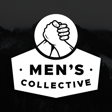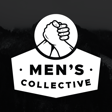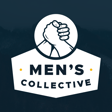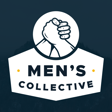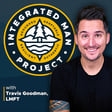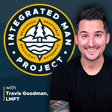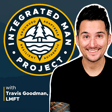
Why Punishment-Free Parenting Works: Father's Day Special (with Jon Fogel of Whole Parent)
This week, Travis and Pierre sit down with Jon, author of Punishment-Free Parenting, to explore what it means to lead with empathy—not control—as a father, partner, and man.
Jon shares honest stories from his own fatherhood journey and dives into how neuroscience, curiosity, and compassion can help men raise resilient kids without shame or punishment. Together, they challenge outdated models of masculinity and offer practical tools for parenting and personal growth.
Key Highlights:
- How your experience as a son shapes how you show up as a father
- Why punishment fails—and what real connection looks like instead
- The power of curiosity and modeling over control or fear
Challenge:
Reflect on one lesson from your upbringing you want to break—or carry forward. Where can you lead with curiosity instead of control?
📖 Book Giveaway: Leave a review & send a screenshot to info@menscollective.co to enter.
This episode isn’t just for dads. It’s for any man ready to rewrite the story—and raise the next generation with strength and heart.
🎧 Listen now on Spotify, Apple, & YouTube or visit menscollective.co to go deeper.
JOIN THE COLLECTIVE:
JOIN THE MEN'S COLLECTIVE:
CLICK HERE
JOIN THE MAILING LIST & GET INVOLVED!
INSTAGRAM: MENSCOLLECTIVE.CO
WATCH ON YOUTUBE:
Connect and Support Travis:
YouTube: Travis Goodman
Instagram: @travis.goodman.lmft
Connect and Support Pierre:
Instagram: Braver.Man
